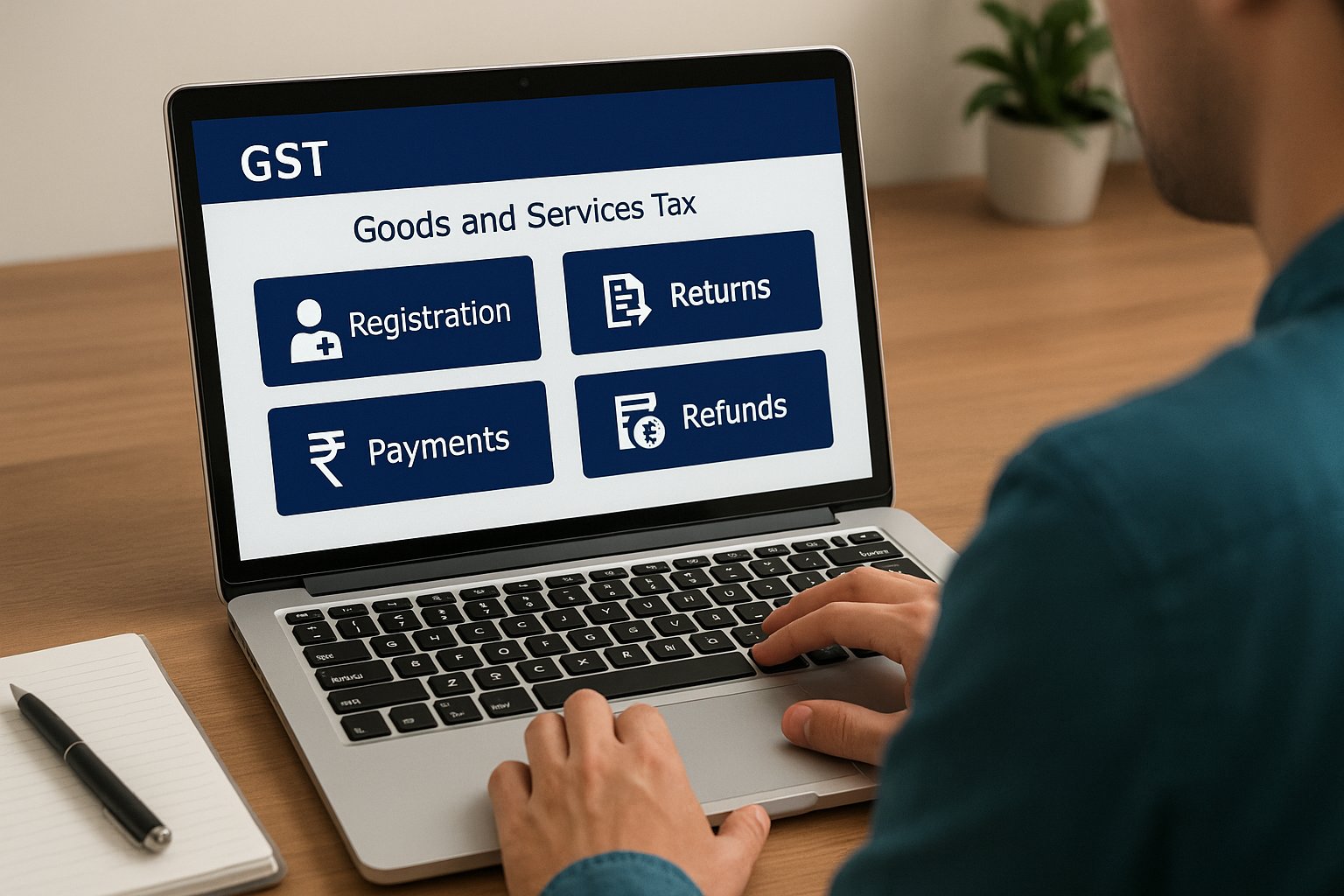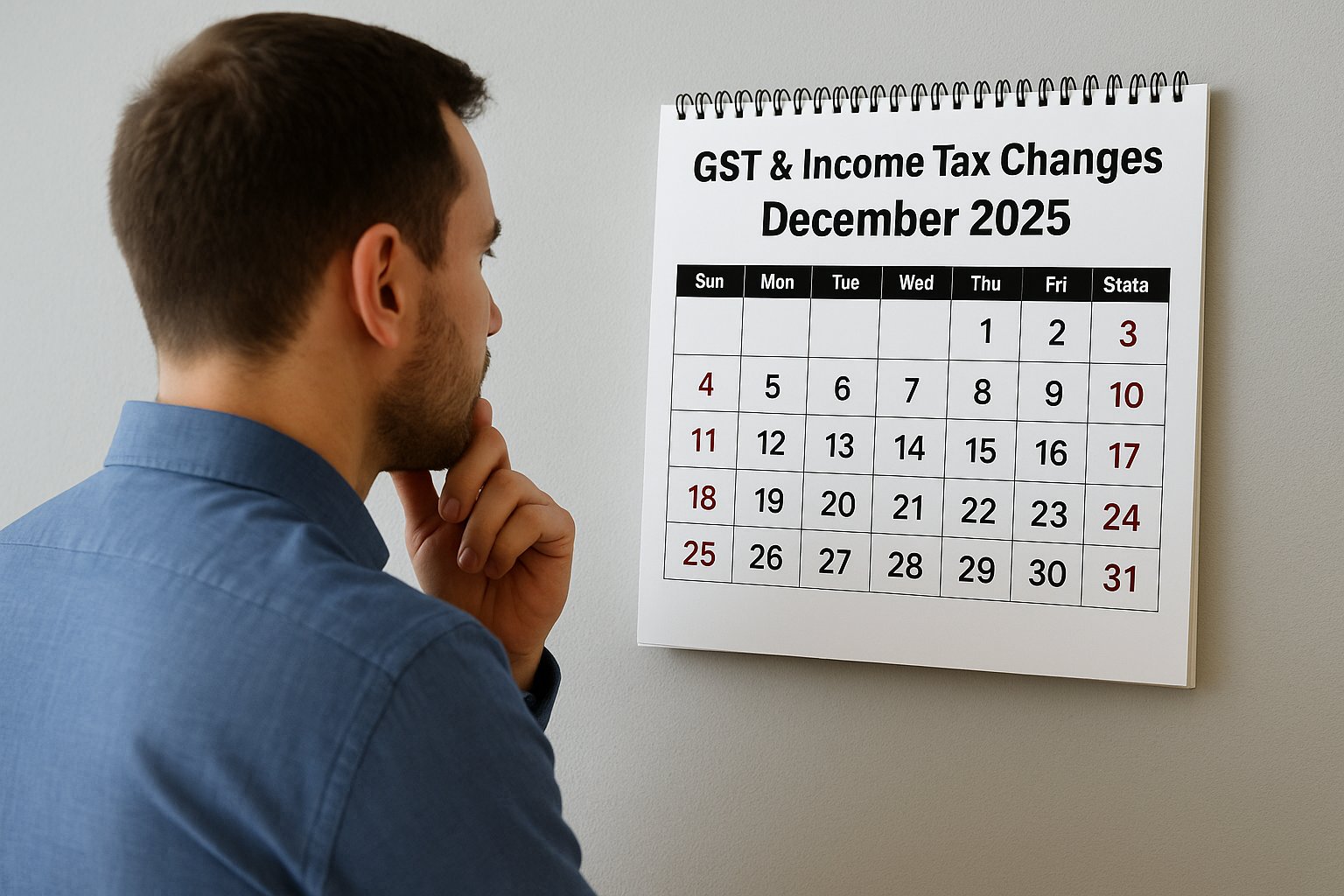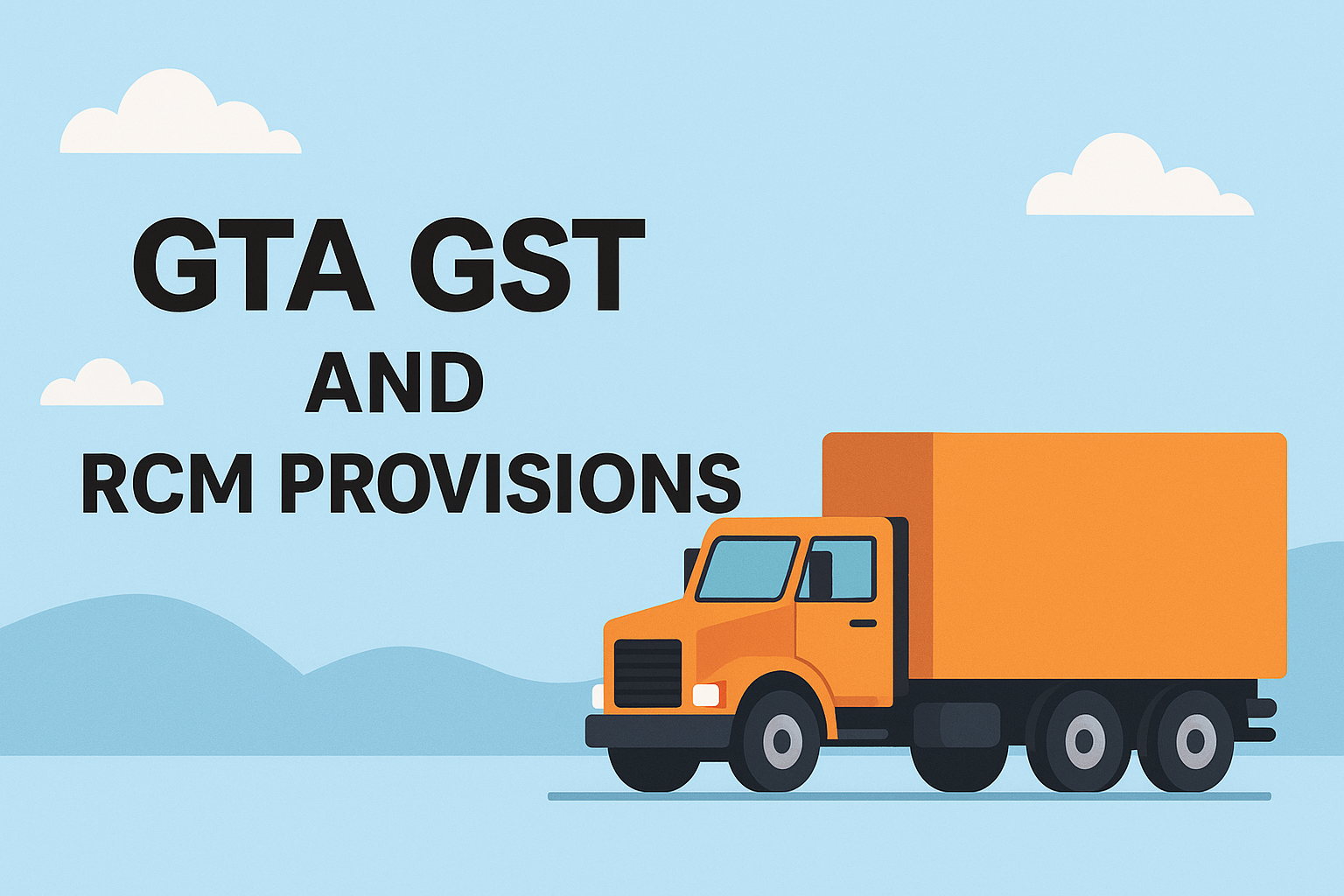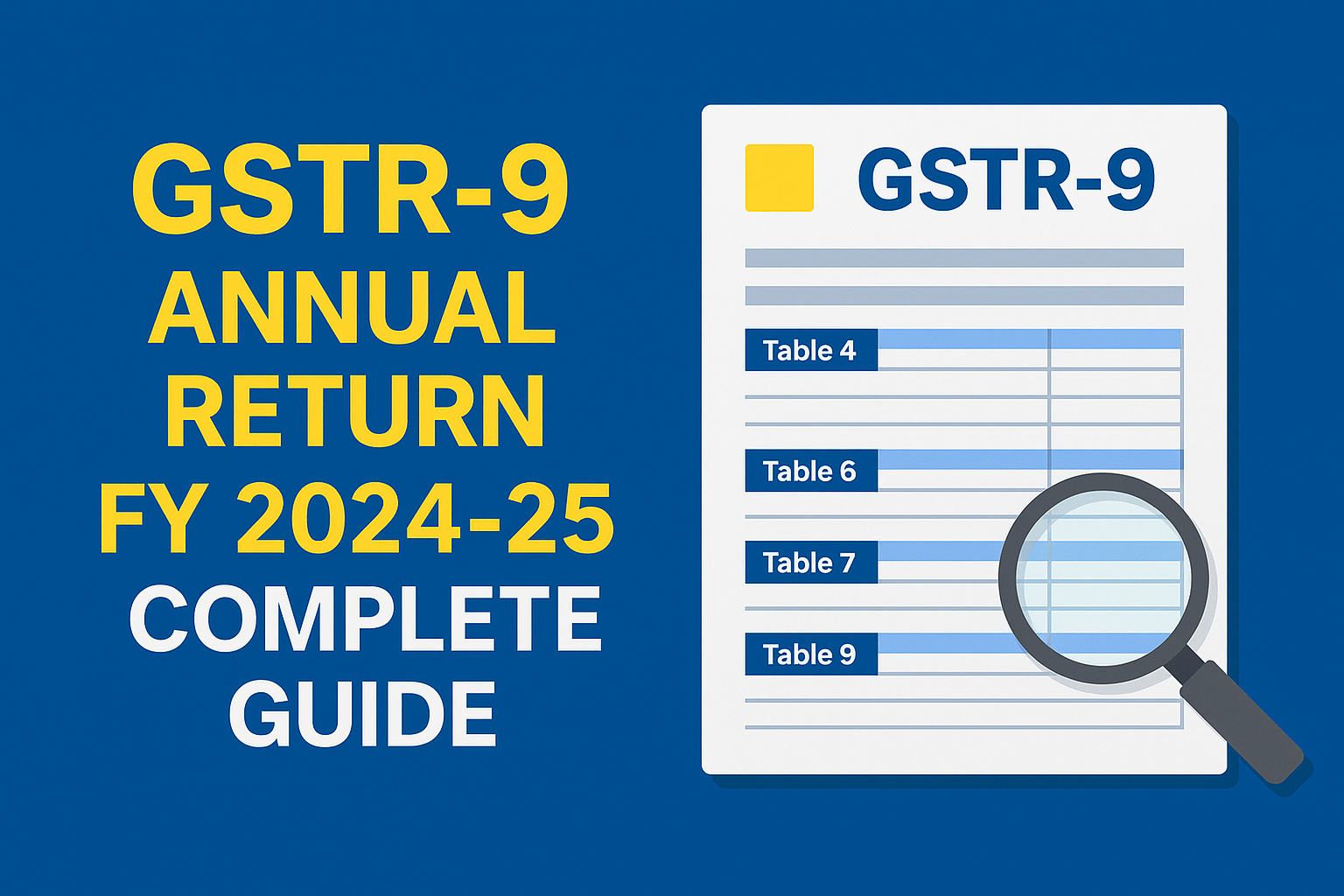The 56th GST Council Meeting has introduced several important trade facilitation measures aimed at easing compliance, speeding up refunds, supporting small businesses, and strengthening India’s export competitiveness.
These reforms, many of which will be operationalised from 1 November 2025, focus on enhancing efficiency, reducing litigation, and improving ease of doing business under the GST regime.
1. Risk-Based Provisional Refund for Zero-Rated Supplies
To accelerate refund claims on account of exports and supplies to SEZ units/developers, the Council recommended an amendment to Rule 91(2) of the CGST Rules, 2017.
- 90% of refund will be sanctioned provisionally on the basis of system-based risk evaluation.
- In exceptional cases, officers may conduct a detailed scrutiny instead of granting provisional refunds.
- Certain categories of registered persons may be notified as ineligible for provisional refunds.
- Effective from: 1 November 2025.
This will provide significant liquidity relief to exporters and SEZ suppliers.
2. Provisional Refund for Inverted Duty Structure (IDS)
Currently, provisional refunds are available only for zero-rated supplies. The Council has extended this facility to refunds arising from the Inverted Duty Structure (IDS).
- 90% of refund will be provisionally sanctioned, subject to risk evaluation.
- Pending amendment to Section 54(6) of CGST Act, 2017, the CBIC will issue instructions to field formations to implement this system.
- Effective from: 1 November 2025.
This move will ease cash flow blockages for businesses impacted by IDS.
3. Refunds for Low-Value Export Consignments
The Council recommended amending Section 54(14) of CGST Act, 2017 to remove the threshold limit for refund claims arising from exports with tax payment.
- Particularly beneficial for small exporters using courier and postal channels.
- Ensures a level playing field for micro and small exporters.
4. Simplified GST Registration Scheme for Small and Low-Risk Businesses
A new optional simplified registration scheme has been approved:
- Auto-approval within 3 working days for low-risk applicants.
- Eligibility: Output tax liability on supplies to registered persons not exceeding ₹2.5 lakh per month.
- Flexible: Applicants can voluntarily opt-in or opt-out.
- Will benefit about 96% of new GST applicants.
- Effective from: 1 November 2025.
5. Simplified Registration for E-Commerce Suppliers
To ease compliance for small sellers on e-commerce platforms:
- In-principle approval for a special registration scheme for suppliers selling through E-Commerce Operators (ECOs) across multiple states.
- Will eliminate the requirement to maintain a principal place of business in each state.
- Detailed modalities will be placed before the Council in subsequent meetings.
This reform will enable small businesses to scale across India via e-commerce.
6. Amendment in Place of Supply Rules for Intermediary Services
The Council recommended omitting Section 13(8)(b) of IGST Act, 2017.
- After amendment, place of supply for intermediary services will be determined under Section 13(2) i.e., location of the recipient.
- This change will allow Indian service providers acting as intermediaries to qualify their services as exports, enabling them to claim export benefits.
7. Reform in Post-Sale Discounts
7.1 Legal Amendments
- Section 15(3)(b)(i) of CGST Act, 2017 to be omitted, removing the requirement of pre-agreed discount conditions.
- Discounts will be valid if passed through credit notes under Section 34.
- Recipients must reverse ITC proportionately when value of supply is reduced via credit note.
- Section 34 will be amended to link it with Section 15(3)(b).
- Circular No.212/6/2024-GST (dated 26 June 2024) will be rescinded.
7.2 Clarifications via Circular
To avoid litigation, the Council recommended clarifications on:
- No ITC reversal for discounts issued via financial/commercial credit notes.
- Treatment of manufacturer-to-dealer discounts as additional consideration in dealer-to-customer transactions.
- Post-sale discounts as consideration in lieu of promotional activities undertaken by dealers.
8. RSP-Based Valuation for Tobacco Products
The Council recommended Retail Sale Price (RSP)-based valuation under GST for:
- Pan Masala
- Cigarettes
- Gutkha
- Chewing Tobacco
- Zarda
- Scented Tobacco
- Unmanufactured Tobacco
Amendments in CGST Rules, 2017 and relevant notifications will be carried out to operationalise this change.
The trade facilitation measures announced by the 56th GST Council Meeting mark a transformational shift towards a faster, simpler, and fairer GST system.
- Exporters and businesses impacted by IDS gain timely liquidity through risk-based provisional refunds.
- Small businesses benefit from simplified registration schemes, especially those in e-commerce.
- Amendments on intermediary services and post-sale discounts reduce litigation and provide certainty.
- RSP-based valuation for tobacco ensures greater compliance and revenue integrity.
Collectively, these measures aim to boost ease of doing business, improve transparency, and support India’s trade ecosystem under GST.
Visit www.cagurujiclasses.com for practical courses












THANKS MADAM-VERY USEFUL INFORMATION.